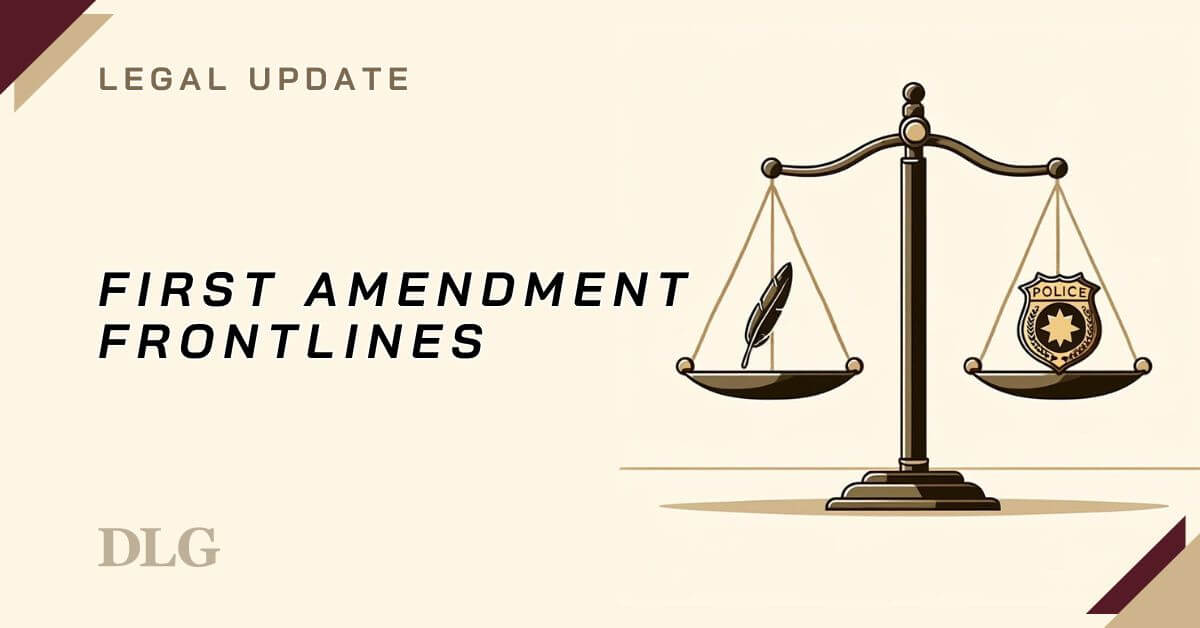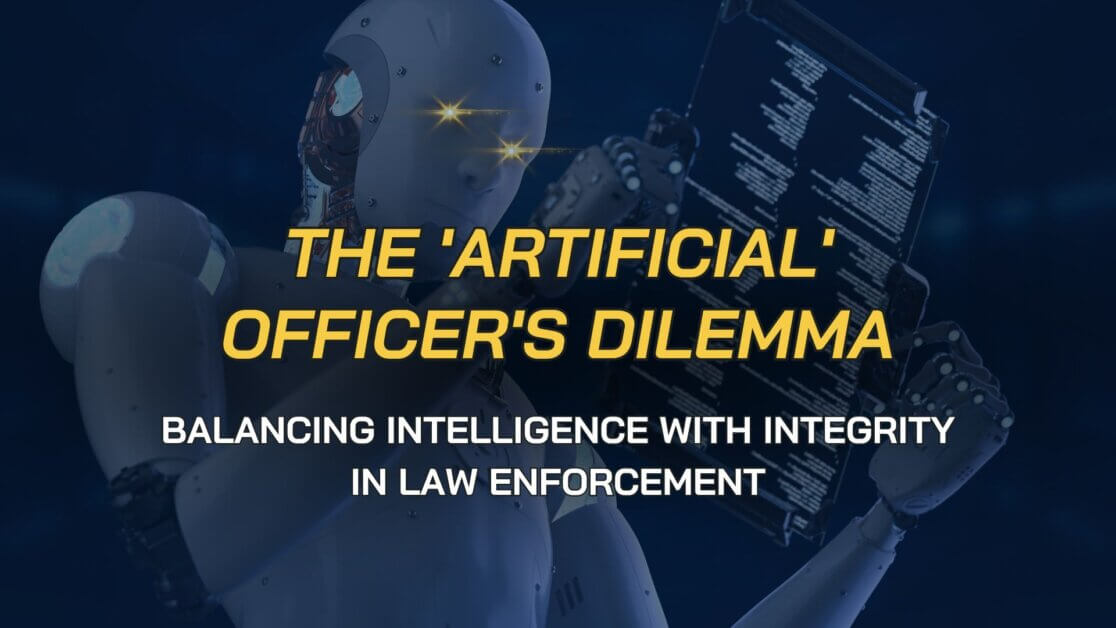From time-to-time we have discussed issues surrounding 5th Amendment protections available to suspects who are (1) in custody and (2) being asked questions reasonably believed to result in an inculpatory response. Of course, these are the two factors required for Miranda cautions to apply. I am sure all of you have policies and procedures related to this important activity and probably have one or more forms to help assure that the proper procedures have been followed.
But what happens when the investigator goes “off- script” and doesn’t read the warnings “verbatim”? Can an otherwise proper confession be suppressed because of an otherwise innocent mistake when the warnings were initially given? Let’s see what the 6th Circuit had to say about this in United States vs. Clayton[1].
FACTS
The defendant – Michael Clayton – lured a number of minor females to his home using cocaine and other drugs to facilitate his hold over the girls. Over a month-long period, one of the minor females – “J.P.” – was forced to have sexual encounters with various men who paid the defendant for the “services”. In addition, she was provided with cocaine, marijuana and Clayton took over two dozen videos of sexual encounters and posted them on social web sites.
One evening J.P. was able to text her father and ask for help. Her father contacted Battle Creek, Michigan police who responded to the house and spoke with Clayton’s roommate. The roommate claimed that neither Clayton nor J.P. were at the house. However, J.P. was able to text her father and tell him she was being held in the basement.
The police entered the house, found Clayton, and in his possession: two firearms, cocaine, marijuana and other drug paraphernalia. The search continued and J.P. was found locked in the basement.
Clayton and the roommate were arrested and taken to the station. J.P. was transported to the hospital for treatment. Once at the station, an investigator provided Clayton with his Miranda warnings – reading from the official Battle Creek PD form. The reading of the warnings was videotaped and Clayton’s counsel determined that at one point the investigator failed to read the entire printed language concerning Clayton’s right to an attorney.
The form stated, “You have a right to talk to a lawyer before we ask you any questions and to have him/her with you during any questioning”. The investigator read ““You have a right to talk to a lawyer before we ask you any questions” but omitted the second part “and to have him/her with you during any questioning”. Once he finished with the warnings, the investigator asked Clayton if he understood his rights and Clayton stated he did. The investigator then offered the form to Clayton and asked Clayton to read and sign the form, however Clayton refused the form.
During two subsequent interviews Clayton failed to provide any material information.
The next day, an investigator from Homeland Security and a different Battle Creek investigator conducted another interview with Clayton. This interview was also recorded. The investigators asked Clayton if he wished to talk to them and reminded him that he had received his Miranda warnings the day before. Clayton responded “Hell yeah I want to talk”.
Clayton then provided information concerning three minor girls with whom he had sex with, video recorded the sessions, and provided them with drugs. Clayton also provided information concerning other men involved in the activities. Police sought search warrants for Clayton’s phone and discovered a number of videos depicting Clayton having sex with minors, brandishing a firearm, and weighing cocaine packets.
Clayton was indicted on a number of federal charges and sought a motion to suppress his statements made during the interview. The district court denied the motion and, after a three-day trial Clayton received a life sentence. This appeal followed.
Sixth Circuit Findings
On appeal, Clayton argued that the omitted language in the initial warnings failed to meet the Miranda requirement. The 6th Circuit disagreed. The court noted that “While the officer in question would have been better served to read the entire Miranda instruction, “we do not require any specific formulation of those rights”.
The court emphasized that there is not a special formula required to meet the Miranda standard. Rather, the Supreme Court requires a “common sense” reading of the warnings given to the suspect. The court cited the Supreme Court’s ruling in Florida v Powell, 559 US 50 (2010) to make its point. In Powell, a Florida police officer advised a suspect that,
“You have the right to talk with a lawyer before answering
any of our questions. If you cannot afford to hire a lawyer,
one will be appointed for you and before any questioning.
You have the right to use any of these rights at any time
you want during this interview”.
The Florida Supreme Court concluded that the warning, as given, improperly conveyed that Powell could only access an attorney before he was questioned and suppressed the interview. The US Supreme Court reversed, finding that a “common sense” reading of the warning, as given, “effectively communicated that the right to counsel continued through the interrogation”.
Affirming the district court’s ruling, the 6th Circuit upheld the warning and the life sentence.
WRAP UP
It is important for you to understand this ruling is not an invitation to take shortcuts in your investigation or the reading of Miranda warnings. In fact, the court commented on this concern –
“That is not to say interrogating officers need not sweat the details. We reiterate what Powell, Warren, and many others have said before. Officers are expected to take the necessary steps to properly Mirandize a suspect…
Police can significantly reduce the risk that a court will later suppress the suspect’s statement on the ground that the advice was inadequate.”
A verbatim recitation of the Miranda warning is not required, as long as it is correct in substance.
United States v Clayton, 2019 US App. LEXIS 26382 (6th Cir August 2019) ↑



